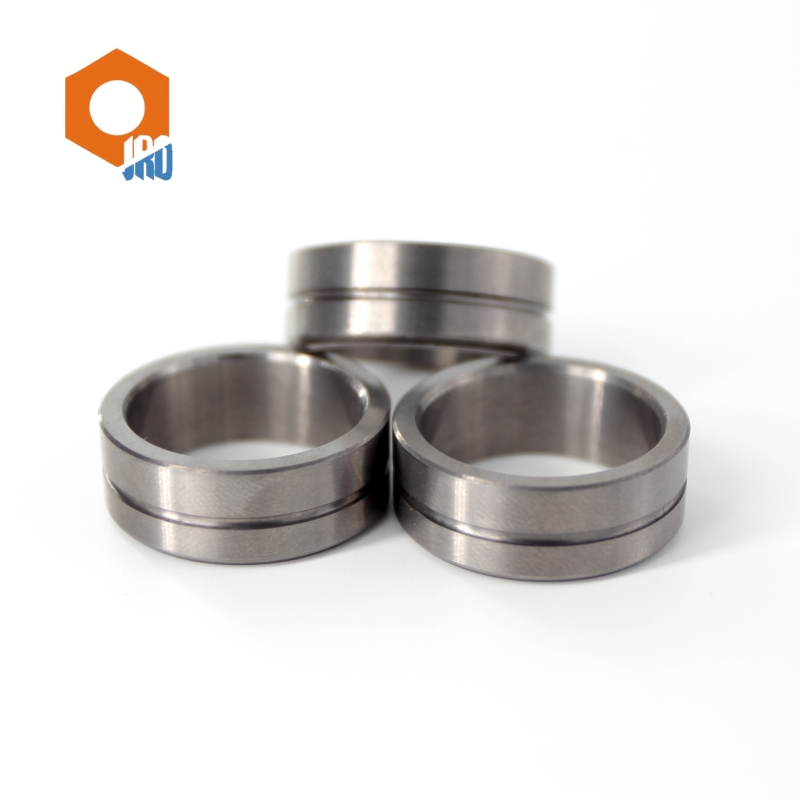The tooling industry relies heavily on materials that can withstand extreme wear, high temperatures, and demanding operational conditions. Tungsten carbide, a compound of tungsten and carbon, has emerged as a game-changer in this field. With its exceptional hardness, durability, and versatility, tungsten carbide is reshaping the way tools are manufactured and used across various industries. Suppliers of tungsten carbide play a pivotal role in this transformation by introducing innovative materials, advanced manufacturing processes, and customer-focused solutions. This article explores how tungsten carbide suppliers are revolutionizing the tooling industry.
1. The Significance of Tungsten Carbide in Tooling
Tungsten carbide suppliers renowned for its superior properties, making it ideal for tooling applications. Compared to conventional tool materials like high-speed steel (HSS), tungsten carbide offers enhanced performance, longevity, and precision.
Key Properties of Tungsten Carbide:
- Hardness: Ranked close to diamond on the Mohs scale, tungsten carbide exhibits unparalleled resistance to wear and deformation.
- Heat Resistance: Maintains structural integrity at high temperatures, ideal for cutting and machining operations.
- Durability: Resistant to impact and abrasion, ensuring longer tool life.
- Versatility: Suitable for various tooling applications, including cutting tools, dies, and wear parts.
Common Applications in Tooling:
- Metal Cutting Tools: Inserts, drills, and end mills for precision machining.
- Forming Tools: Dies and punches for metal forming and shaping.
- Mining Tools: Bits and cutters for rock excavation and drilling.
- Wear Components: Sleeves, bushings, and nozzles for industrial machinery.
2. Advancements Driven by Tungsten Carbide Suppliers
Leading tungsten carbide suppliers are at the forefront of technological advancements in the tooling industry. Their contributions span from material innovation to the development of cutting-edge manufacturing processes.
a. Development of Custom Carbide Grades
Suppliers now offer customized tungsten carbide grades tailored to specific applications. By adjusting the composition and grain size of tungsten carbide, they can optimize properties such as hardness, toughness, and thermal stability.
b. Precision Manufacturing Techniques
Advanced manufacturing techniques such as powder metallurgy and isostatic pressing enable suppliers to produce high-quality tungsten carbide components with superior dimensional accuracy.
c. Coating Technologies
To further enhance tool performance, suppliers apply advanced coatings like titanium nitride (TiN) or diamond-like carbon (DLC) to tungsten carbide tools. These coatings reduce friction, improve wear resistance, and extend tool life.
3. Enhanced Productivity and Cost Efficiency
The adoption of tungsten carbide tools, facilitated by innovative suppliers, has significantly boosted productivity and cost efficiency across industries.
a. Increased Tool Life
Tungsten carbide supplier tools last significantly longer than traditional materials, reducing the frequency of replacements and minimizing downtime.
b. Improved Cutting Performance
With superior hardness and thermal resistance, tungsten carbide tools enable faster cutting speeds and greater precision, enhancing overall manufacturing efficiency.
c. Lower Total Cost of Ownership
While tungsten carbide tools may have a higher upfront cost, their longevity and performance result in lower overall costs over the tool’s lifespan.
4. Meeting Industry-Specific Demands
Tungsten carbide suppliers cater to a wide range of industries, each with unique tooling requirements. Their ability to deliver industry-specific solutions has been instrumental in driving the adoption of tungsten carbide tools.
a. Aerospace Industry
High-performance tungsten carbide tools are used for machining aerospace-grade alloys, ensuring precision and reliability in critical components.
b. Automotive Industry
Custom tungsten carbide tools are employed for die-casting, stamping, and machining operations, supporting mass production with consistent quality.
c. Medical Industry
In the medical sector, tungsten carbide tools are used to manufacture surgical instruments and implants, requiring precision and biocompatibility.
5. Sustainability and Ethical Practices
As industries increasingly prioritize sustainability, tungsten carbide suppliers are adopting environmentally responsible practices.
a. Recycling Initiatives
Many suppliers now recycle tungsten carbide scrap, reducing waste and conserving raw materials.
b. Energy-Efficient Manufacturing
Suppliers are investing in energy-efficient technologies to minimize the environmental impact of tungsten carbide production.
c. Compliance with Ethical Standards
To address concerns about conflict minerals, reputable suppliers ensure ethical sourcing of raw materials.
6. Future Trends and Innovations
The tooling industry’s reliance on tungsten carbide is expected to grow, driven by continuous innovation from suppliers.
a. Smart Tools
Integration of sensors into tungsten carbide tools for real-time monitoring and predictive maintenance.
b. Hybrid Materials
Combining tungsten carbide with other advanced materials to enhance performance and broaden applications.
c. Digital Manufacturing
Adoption of AI and machine learning in tungsten carbide production for process optimization and quality assurance.
Conclusion
Tungsten carbide suppliers are transforming the tooling industry by introducing advanced materials, innovative manufacturing processes, and sustainable practices. Their contributions have enabled industries to achieve higher productivity, cost efficiency, and precision. As the demand for high-performance tools continues to grow, tungsten carbide suppliers will remain pivotal in shaping the future of the tooling industry, driving innovation and excellence across applications.
